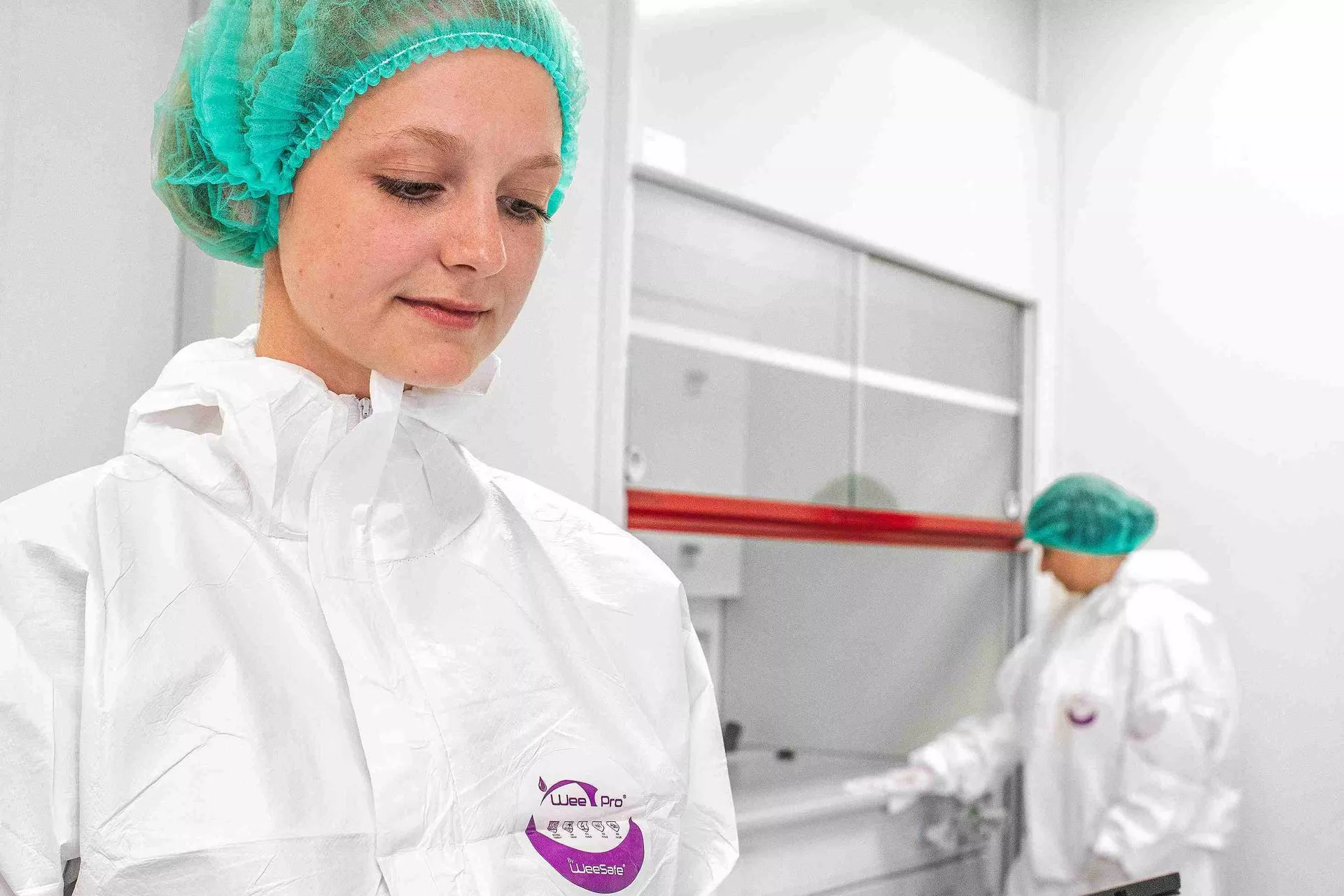GMP in pharma: what it is and why it matters
If you work in the pharmaceutical industry, you’re likely familiar with the term GMP. But do you know why it’s so important? Strictly following GMP standards allows companies to optimize production while ensuring the safety and quality of their products. The ultimate goal? Maximizing patient protection. In this blog, we’ll take a deeper look at the ins and outs of GMP.

First things first: what exactly is GMP?
GMP stands for good manufacturing practices. It’s an international standard outlining how companies should safely, consistently, and reliably manufacture medicines and other medical products to ensure patient safety. Medicines aren't like other products on store shelves. Patients put their health in the hands of manufacturers, trusting them to produce medicines correctly. This is a big risk, as even the smallest mistake can have serious health consequences.
To minimize these risks, pharmaceutical companies in Europe and the U.S. are legally required to follow GMP standards Regulatory bodies around the world ensure compliance with these rules, such as the European Medicines Agency (EMA) in Europe and the Food and Drug Administration (FDA) in the United States. Through audits and inspections, these agencies verify that companies claiming GMP compliance actually meet the standards.
GMP as a roadmap
Pharmaceutical companies use GMP as a roadmap to control every step in the production process, from sourcing raw materials to packaging final products.
Companies adhere to GMP standards across several key areas, including:
- Traceability: Documenting the origin of every ingredient to ensure that the safety of the production process is never compromised.
- Consistency: Producing every medicine according to the same process to maintain constant quality.
- Hygiene: Maintaining spotless production areas to reduce the risk of cross-contamination.
At TRU Global Solutions, we've made cleanroom cleaning our specialty. Experience has taught us that cleanroom hygiene is often underestimated, yet GMP-compliant cleaning is just as crucial as production for ensuring the quality of medication. Minimizing cross-contamination is essential to keeping production running smoothly.
How cross-contamination threatens production
Even the smallest contaminants – airborne particles, biofilm, waterborne pathogens, or skin cells – can disrupt production schedules. The list of potential contaminants is endless, which is why prevention is the best way to protect your company from lost batches, product recalls, legals risks, and reputational damage.
Keeping your cleanroom contamination-free
To prevent contamination and comply with GMP standards, companies need a comprehensive and well-documented cleaning procedure in which every step is optimized. A good cleanroom cleaning procedure includes the following:
- Staff training: Employees should understand the importance of their work and execute it with care to ensure to no particle escapes their attention.
- Validated protocols: Teams should work with established procedures to effectively eliminate contaminants. Every step should be clearly defined and every cleaning agent perfectly matched for optimal results.
- Strict documentation: Every cleaning process should be clearly documented to ensure a stress-free audit and to demonstrate GMP compliance.
Hygiene and quality go hand in hand. Clean facilities give pharmaceutical companies confidence in the medicines they produce and allow patients to trust their quality. Cleaning is a crucial part of GMP compliance that cannot be overlooked.
Not every cleaning team is equipped for this task. TRU offers specialized cleanroom cleaning services and teams of highly trained cleaning experts. Through our TRU Academy, your staff can also be trained to become expert cleanroom cleaners.
How to stay GMP-compliant
GMP standards are constantly evolving, which can make compliance challenging. TRU’s expert cleanroom teams are trained in the latest techniques, which they tailor to your company’s needs.
If you prefer to manage your cleaning internally, consider hiring one of our consultants. They can review your cleaning procedures, identify weaknesses, and recommend improvements to boost your efficiency.
Read more about TRU and our specialized approach or contact us to request an introductory meeting.



